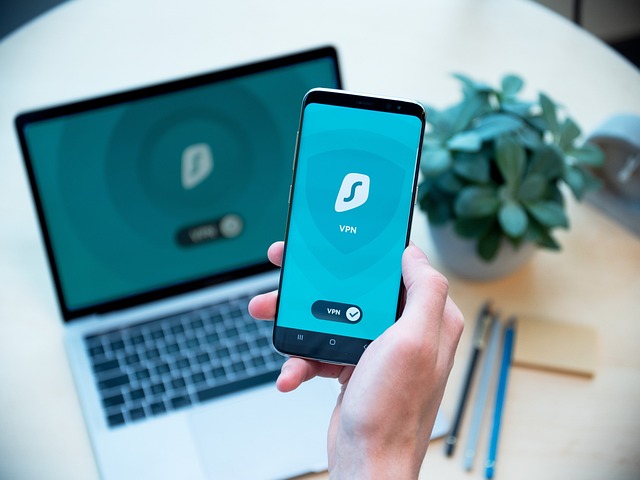As a professional provider of VPN services, we know that users may encounter some problems when using a VPN, one of which is the inability to connect. In this article, we will share some common VPN connection problems and provide solutions to help you solve the problem of not being able to connect to a VPN.
Part 1: Checking your network connection
Before attempting to resolve VPN connection issues, first check your network connection. Here are some common problems that can cause a VPN to fail to connect:
1.Wi-Fi connection: If you are connected to the Internet via Wi-Fi, make sure your Wi-Fi connection is stable and that you can access other websites and services properly.
2. Mobile Data: If you are connecting to the Internet via mobile data, make sure that your mobile data is turned on and that your data plan still has enough traffic.
3. Router Settings: Sometimes router Settings may cause VPN connection problems. Try restarting your router, or check that your router's Settings are compatible with the VPN.
Part 2: Checking VPN client and account information
If your network connection is fine but you still can't connect to the VPN, you can check your VPN client and account information next:
1. Client Update: Make sure your VPN client is up to date. Vendors often update clients constantly to fix bugs and improve performance.
2. Username and Password: Check your VPN account information to make sure you have entered the correct username and password. Sometimes the wrong user name or password will cause the connection to fail.
3. Server information: Make sure you have selected the correct VPN server and that the server address is correct. If your VPN provider offers multiple server options, try connecting to different servers.

Part Three: Firewall and security software Settings
Firewalls and security software may sometimes block VPN connections. Try the following:
1. Turn off the firewall: Temporarily turn off your firewall and then try to connect to the VPN. If the connection is successful, the firewall may be the cause of the problem.
2. Check security software: Some security software automatically blocks VPN connections. Check your security software Settings to make sure the VPN is allowed through.
Part 4: Try other protocols and ports
Some VPN providers offer multiple protocol and port options. Trying to change the connection protocol and port of the VPN client can sometimes solve the connection problem. Common VPN protocols include OpenVPN, L2TP/IPsec, and PPTP. You can switch between them in the client Settings.
Part 5: Contacting VPN provider customer service
If you have tried all of the above and still can't resolve the problem, it is recommended to contact your VPN provider's customer service team for help. The customer service team of the supplier usually has professional technical support staff who can provide you with more in-depth help and solutions.
Conclusion:
Failure to connect to the VPN may be caused by network connection problems, incorrect VPN client Settings, firewall and security software Settings, protocol and port problems, and so on. By checking your network connection, VPN client and account information, firewall and security software Settings, trying other protocols and ports, and contacting VPN provider customer service, you have a good chance of resolving VPN connection issues. Our VPN service provides professional technical support to ensure that you can successfully connect to the VPN and enjoy the convenience and security of the Internet. If you encounter any problems when using our VPN services, please feel free to contact our customer service team and we will be happy to help and support you.
 Email
Email